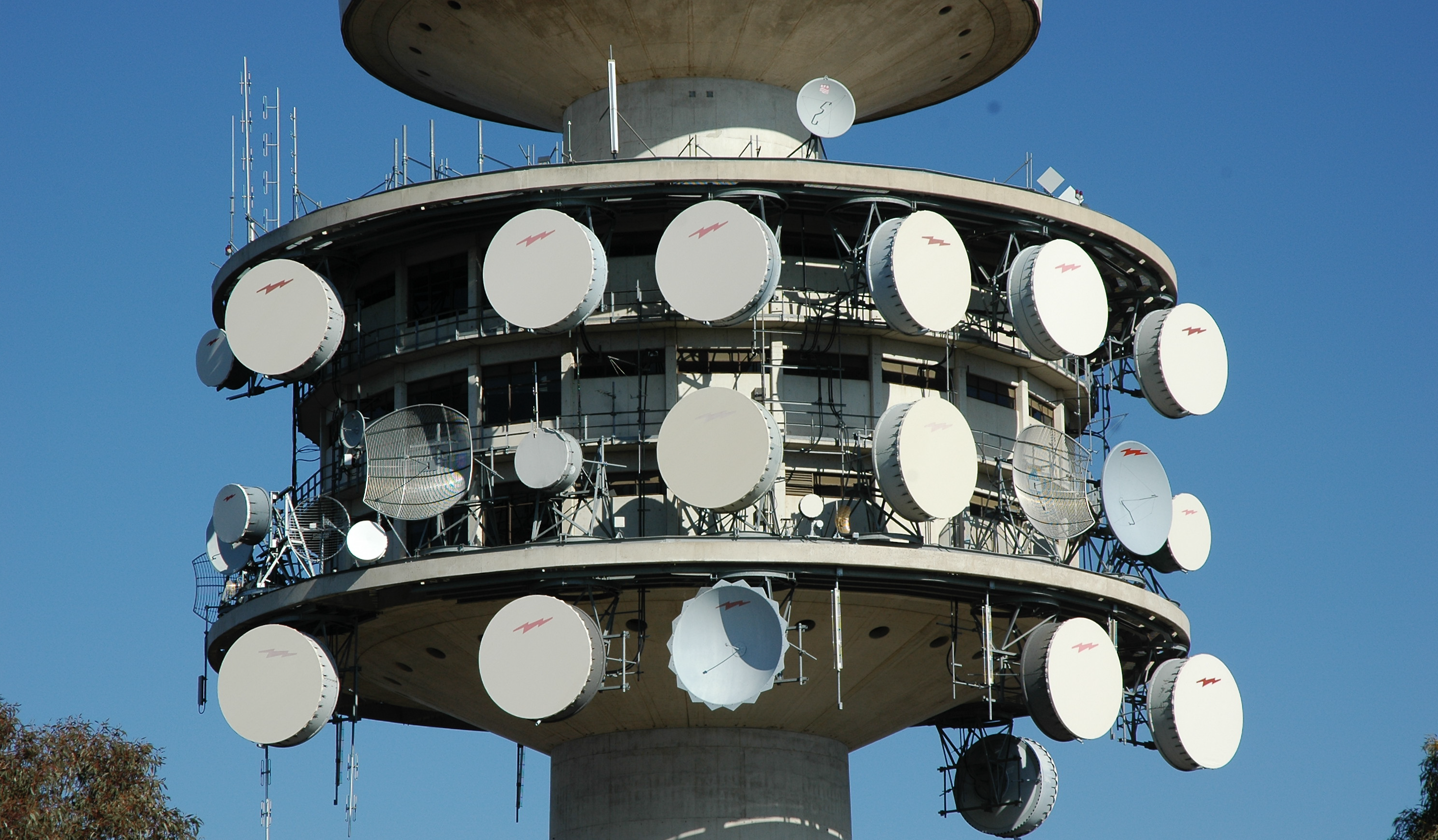(ATF) In April 2019, US President Trump delivered a speech on the United States’ 5G deployment strategy at the White House.
“The 5G race is a race that the United States must win”, he said.
US Attorney-General William Barr is another who has taken up this issue with gusto. A number of his speeches about the ‘threat’ of China dominating 5G communication networks can be found on YouTube.
China was hoping to dominate the global 5G implementation, but Trump’s intervention has left China is a very bad position – it has built and deployed some 5G networks in China, but sanctions have put an abrupt halt to any new build-outs. It also crushes elements of President Xi Jinping’s plan to pivot to building high-tech infrastructure in China to pass through the global depression started by the coronavirus epidemic.
China News Service outlined the country’s progress recently. “In the past one year since the issuance of 5G commercial licenses, China’s 5G network infrastructure construction has been steady – basic telecom companies have built more than 500,000 5G base stations. The number of terminal connections exceededs 100 million,” according to Han Xia, director of the Information and Communication Administration at the Ministry of Industry and Information Technology, who spoke at the 5G Innovation and Development Summit Forum held during the 2020 Online China International Smart Industry Expo.
China will build 600,000 5G base stations by the year. There are currently more than 110 million 5G users in China, and it is planned that by the end of 2020, 5G will cover cities above prefecture-level nationwide.
But with equipment providers Huawei and ZTE now under sanctions – will they be able to provide anymore 5G equipment? Will a nationwide 5G network outside main Chinese cities ever become a reality?
Without a network the whole 5G expansion plan and its vast planned ecosystem cannot become a reality. This includeds huge plans for industrial internet.
Han Xia admitted coyly: “Development of applications in industries and fields such as ports, machinery, automobiles, steel, mining and energy, and applications in key areas such as industrial Internet, car networking, medical care, and education… the Industrial Internet faces many challenges. For example, how to realize the safe and reliable interconnection of all factors of production, the whole industry chain and the whole value chain, how to realize the networked collaboration of man, machine, and material for industrial production and service systems, etc.”
Donald Trump had other ideas. “We have enemies. We must ensure that 5G is not controlled by the enemy,” he said.
As US firms dominated the world economy through the global roll-out of the internet from the 1990s, Chinese stategists believed they would achieve the same thing with the mobile internet – but with China in charge.
China’s strategists were reportedly unable to interpret Trump’s intentions due to his daily antics. But it is now clear that opinions in the US leadership have turned sharply negative over a range of issues and conflicts and these have ruptured bilateral ties.
Washington sees China as a serious rival and its work on 5G networks as a threat. It does not want to allow China to dominate the next generation of global technological evolution – so it is denying Chinese companies access to western technology at the core of these communication systems. China is around a decade behind in the rapidly evolving technology sector, notably in the development of semiconductors or chips.
The Tiktok case also highlights that Chinese tech developments, or more to the point, apps controlled by Chinese companies will not be welcome either. There has been a serious breakdown in trust linked to claims of technology theft and many other disputes and it appears that this sentiment is strong on both sides of politics in Washington.
In the Internet age, China copied the United States, Baidu copied Google, QQ copied MSN, Taobao copied eBay, JD, Dangdang copied Amazon… When Facebook appeared in the United States, the domestic sites Renren network and Kaixin.com copied it.
The mobile internet era
In the mobile internet era, it was the US’ turn to copy China.
The mobile Internet is not the same as the Internet. It is not as simple as changing from a computer to a mobile phone. The underlying logic of the two is completely different.
Now, when you register an account on any app, you need to use real information. This is not the country that forces you to do this, but you do it voluntarily.
As long as it is a real-name system, it doesn’t matter what the mobile phone or password is; if you are who you say you are, the account is yours.
What is the use of the real-name system?
The usefulness is great. With the real-name system, the company can provide you with personalized services according to your needs.
In the Internet age, the editor-in-chief decides what news you read. In the era of mobile Internet, what news you watch is pushed to you according to your preferences.
In the Internet age, you can only buy what the platform has.
In the era of mobile Internet, the platform will push products to you according to your needs, even potential needs, and even customize products.
Behind all of this is data at work. In the Internet era, data may be wrong, but in the mobile Internet era, you are your identity is reflected by the data, which knows you better than yourself. This is why 5G has become a battleground. Western governments have been slow to respond.
The Chinese government has been looking ahead. The mobile Internet is the era of life services. The two are completely different. It is not as simple as a computer becoming a mobile phone.
The Chinese mobile phone is no longer a simple phone, but a terminal for life services. Because of the mobile Internet, China’s entire social operation, involving people’s living habits, and social management models have changed.
What was wrong with 4G?
There are about 12 million communication base stations around the world, and most – nearly 10 million – are 4G base stations.
In China, there are 5.5 million 4G base stations.
In the United States, only 400,000 4G base stations have been built, while even India has double that, with about 800,000.
4G works and a conversation needs to be had – on whether people around the world really want 5G. Do people really want a life terminal that knows more about you than you do?
The rushed roll-out has been delayed, perhaps this is a good time to pause and think whether we really want a system that monitors people’s every movement.
























